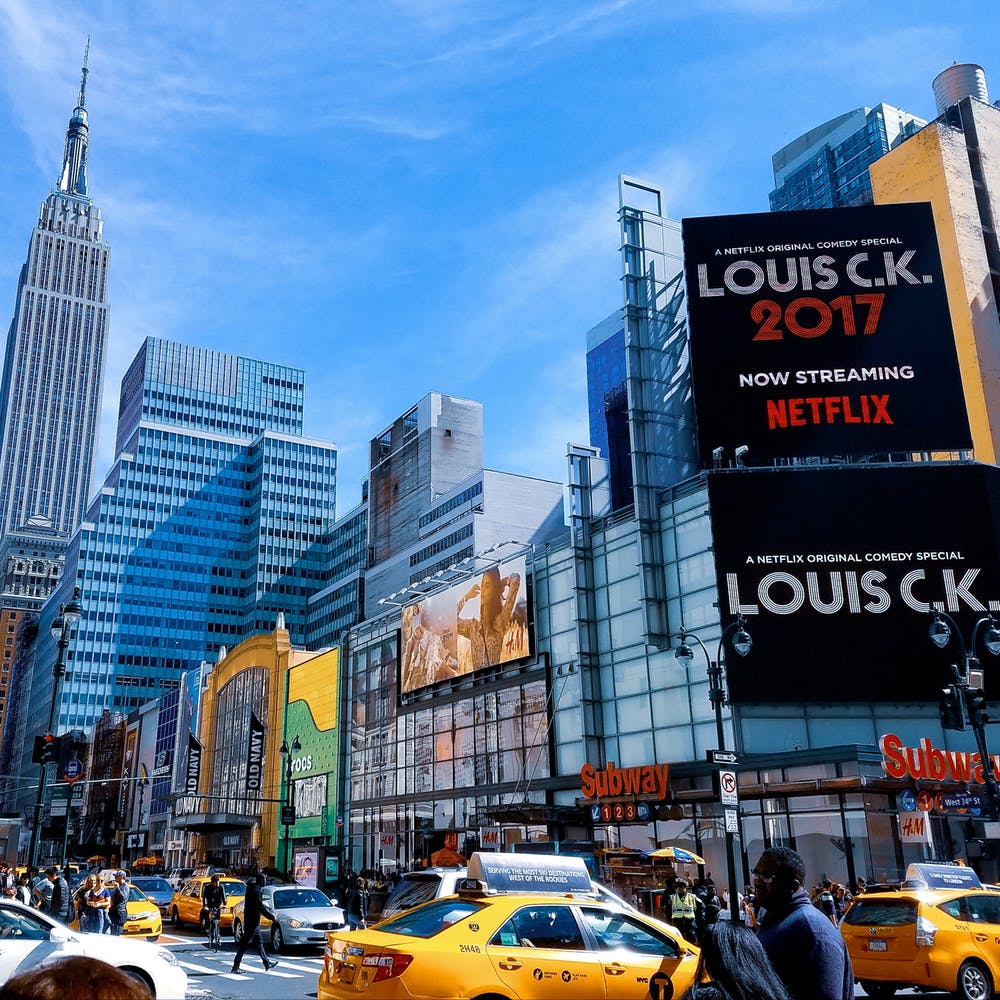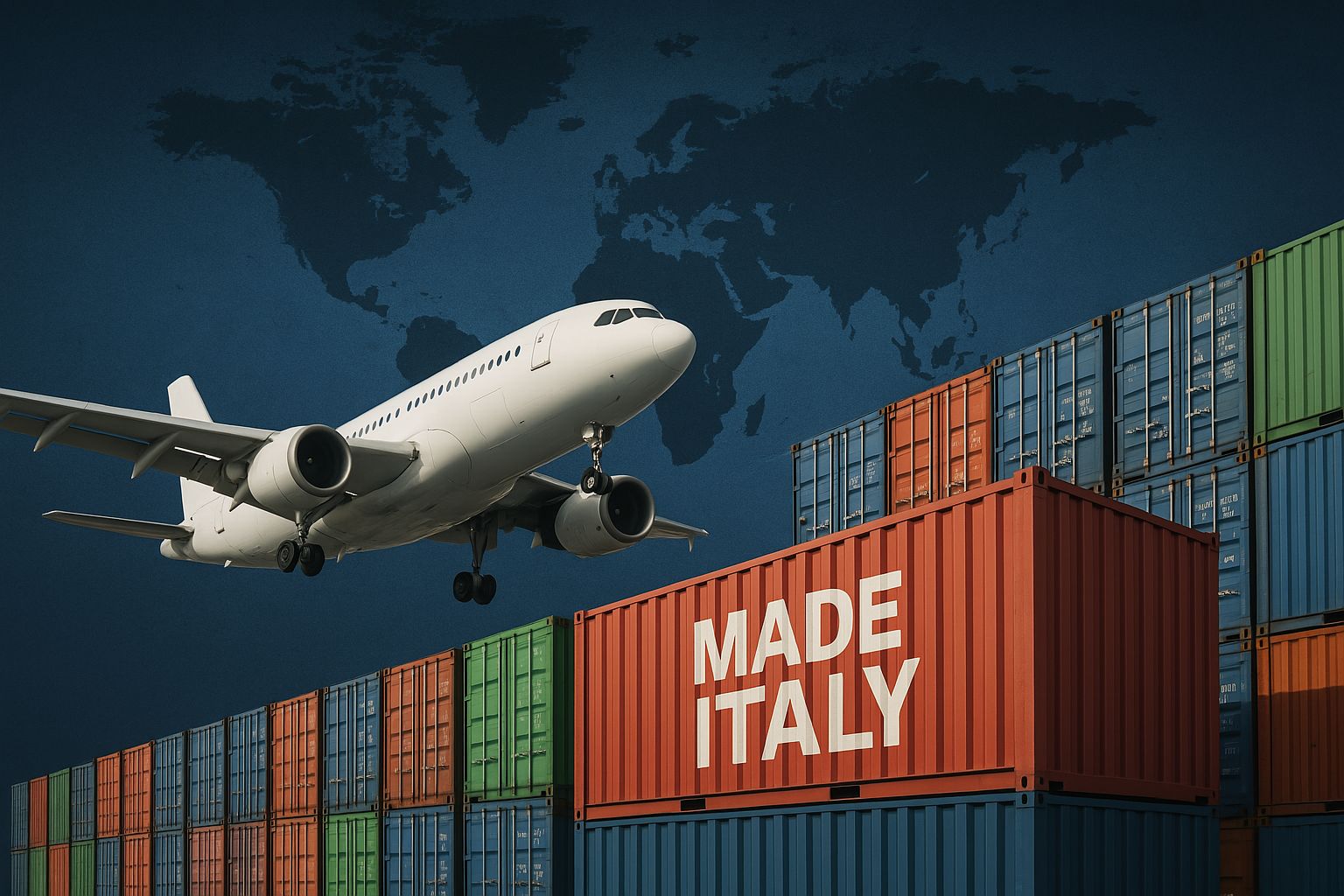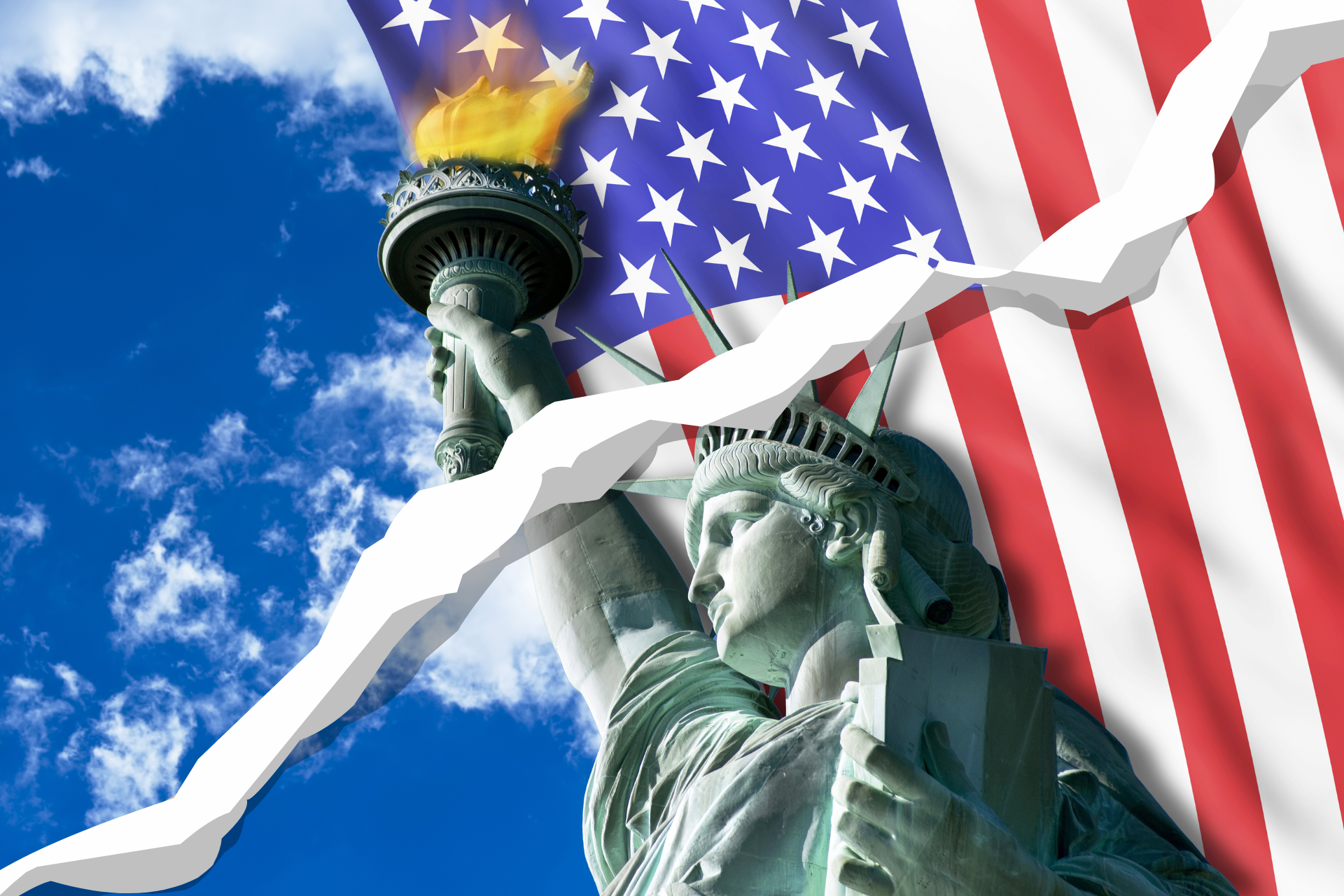[vc_row][vc_column][vc_column_text]
Traditional business companies in the USA have exerted great pressure on the administration to obtain tariffs from the President. The ability to make investments and recruitments is essential for the AMERICA FIRST project. Tariffs also mean an opportunity for the American president to slow down Chinese growth and its continuing race for technological leadership in the future. After enthusiastic proclamations, productive internal investments in such sectors as iron and steel, aluminum, wood and photovoltaic panels and household appliances have begun, but what real effects do they bring today?
At present, some appear distorting. For example, the big videogame companies are afraid that new consoles are too expensive for the American public, and a joint request from “a strange trio” has started — MICROSOFT, SONY, and NINTENDO — to exclude the consoles from the list of products under tariffs. It would cause an epochal commercial flop. See the piece by Raffaele Angius (https://www.agi.it/economia/dazi_videogames-5779038/news/2019-07-08/).
Paradoxically, dense clouds are gathering also on the productive sectors which are mainly beneficiaries of the tariffs: iron and steel, aluminum, wood, photovoltaic panels and appliances seem to have a hard time extracting value from the most recent investments where the advantages seem random and in several cases without influence. We suggest you read the article by Peter Eavis in the New York Times (it is available via the link; for the Italian translation, just register).
https://www.nytimes.com/2019/07/10/business/economy/companies-tariffs-winners.html?searchResultPosition=1
[/vc_column_text][/vc_column][/vc_row]



